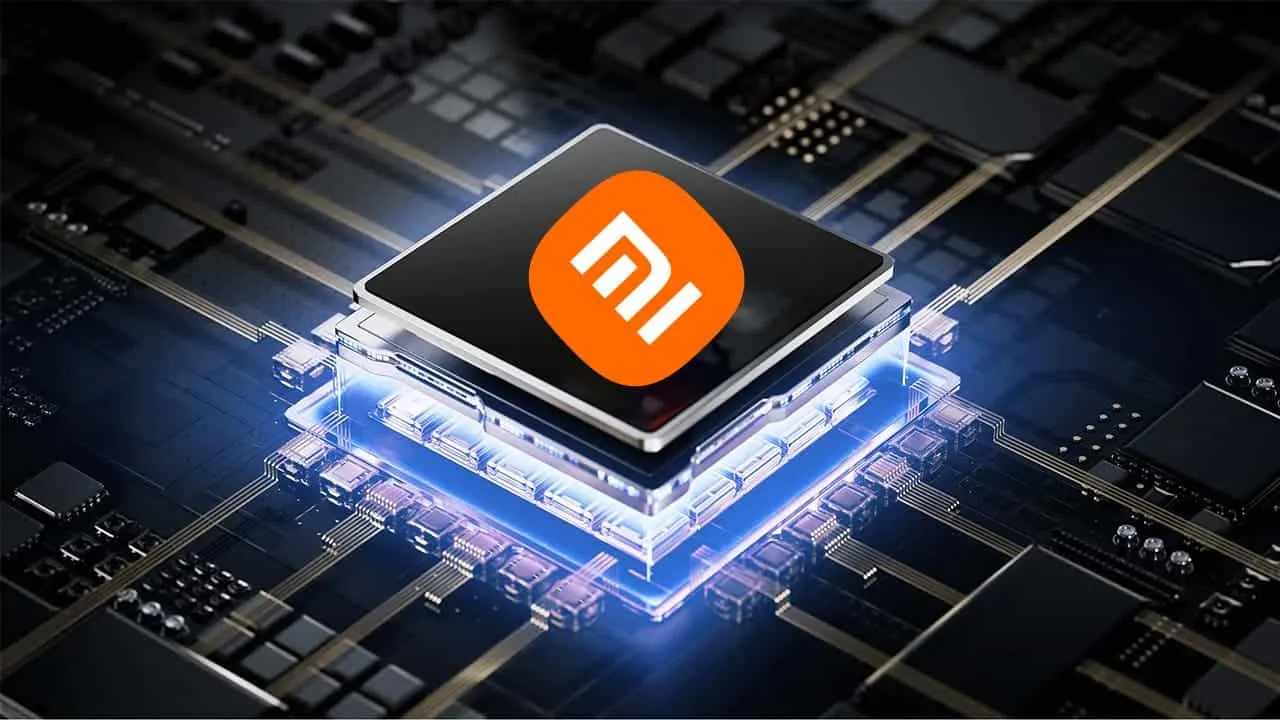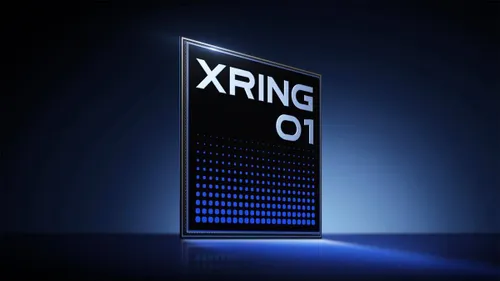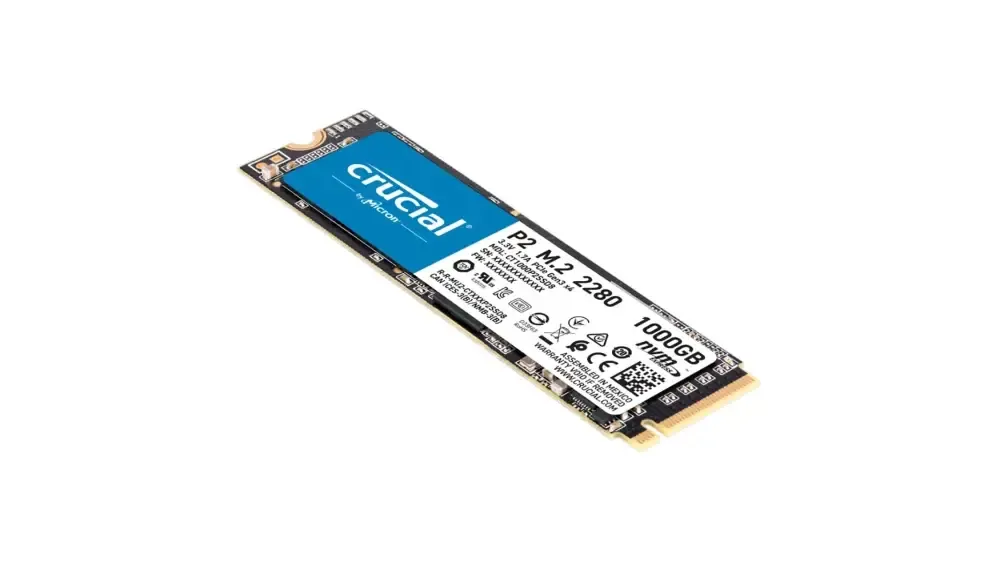
China's technology giant Xiaomi is taking a big step towards developing its own mobile processors. The company has undertaken a commitment of an investment of $7 billion in its chip design program, called Xring. The investment will be made over the course of a decade.
Xiaomi Invests $7 Billion to Build Its Own Mobile Chips

The Xring project started in 2021. During that time, Xiaomi initiated it with an investment of $1.9 billion. In 2024, the amount had grown to $2.8 billion. This involved an additional $900 million invested during the year. With the most recent funding plan, Xiaomi will have its cumulative investment in the project stand at $9.8 billion across a period of ten years.
Xiaomi’s first chip, the Xring O1, is already showing strong potential. It is built using advanced 3-nanometer technology. In early tests, the chip’s performance has been impressive. Reports say it could compete with Qualcomm’s top-tier Snapdragon 8 Elite processor.
The real-world test of the Xring O1 will come with the launch of the Xiaomi 15s Pro. This smartphone will be the first device to use Xiaomi’s new chip. How it performs in daily use will help guide Xiaomi’s future decisions on chip development.
Xiaomi is investing Billions in Advanced Chip Technologies
Xiaomi has long relied on third parties in the form of Qualcomm and MediaTek for its processors. It now hopes to be less reliant. The Xring project is one example. By creating its own chips, Xiaomi aims to reduce its dependency on third parties.
With its own processors, Xiaomi has more control. It allows it to design more sophisticated devices and quickly follow the shifts in the market. It also allows Xiaomi to counter threats from across-the-board supply chain disruption.
In addition, this move puts Xiaomi on a level with other technology titans that make their own chips, like Apple and Samsung. It shows the ambition of the company not just in phones, but in fundamental technologies as well.
The tech world is watching. If the Xring O1 is successful, it could change the future of Xiaomi. It could shake up the mobile chip sector too.
So, what do you think of Xiaomi's ambitious move into chip production? Share with us in the comments.
Popular News
Latest News
Loading





